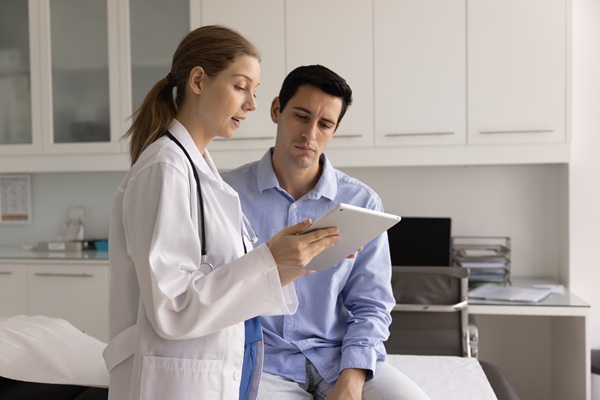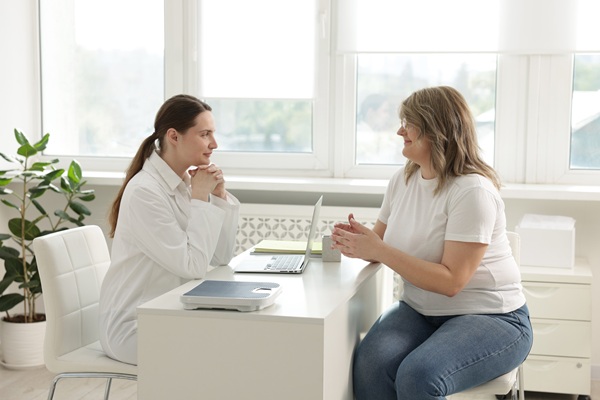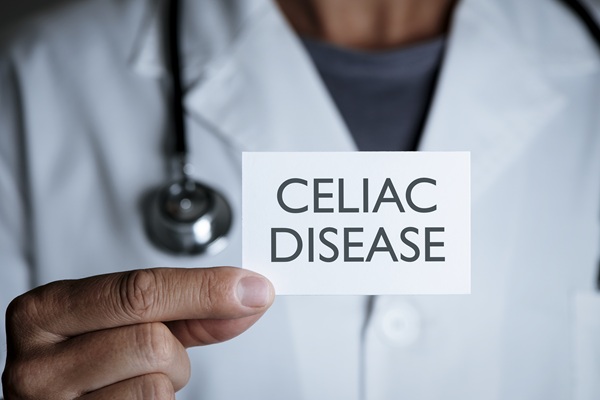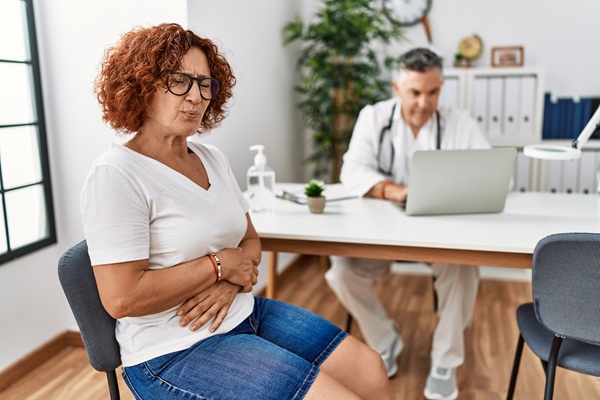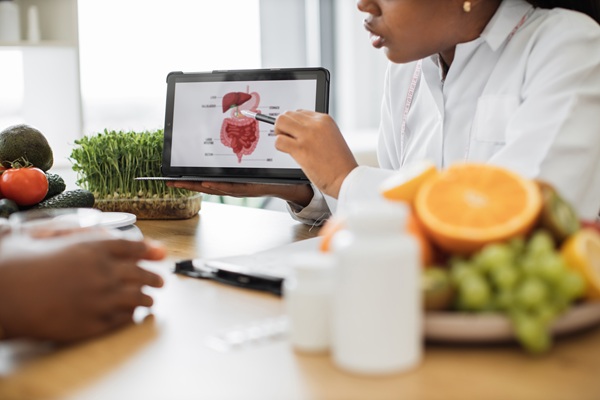ColonoscopyForest Hills, NY
A colonoscopy is a common screening procedure that checks for any issues in the colon and rectum by using a specialized camera to get a clear view of the entire large intestine. This test often acts as a preventive measure, helping to find and remove polyps before they develop into cancer. It can also be helpful in diagnosing symptoms like rectal bleeding, ongoing diarrhea, or abdominal pain.
At Pinnacle Gastroenterology, colonoscopy services are available to help patients in the tri-state area maintain long-term digestive health. Screenings are tailored based on medical history and risk factors. Call (718) 747-9630 to schedule an appointment and learn more about the benefits of colonoscopy.
What Is a Colonoscopy?
A colonoscopy is a visual exam of the colon and rectum using a colonoscope, a flexible instrument that transmits real-time video. It helps detect irregularities, remove polyps, and diagnose gastrointestinal symptoms. Gastroenterologists primarily use colonoscopies as colorectal cancer screenings, as early polyp removal reduces cancer risk.
According to the Cleveland Clinic, the average colonoscopy takes about 30 minutes. If a polyp is found, the gastroenterologist can typically remove it in an extra 15 minutes. Pain management techniques are used to ensure a comfortable experience. Most patients are discharged the same day and can resume normal activities shortly after the effects of sedation wear off.
“Gastroenterologists primarily use colonoscopies as colorectal cancer screenings, as early polyp removal reduces cancer risk.”
When Colonoscopies Are Recommended
The US Preventive Services Task Force recommends routine colonoscopy screenings for colorectal cancer starting at age 45. Earlier or more frequent screenings may be necessary for those with certain risk factors, such as a family history of colorectal cancer or a personal history of inflammatory bowel disease (IBD). In some cases, a colonoscopy may be necessary to evaluate specific symptoms such as:
- Persistent constipation or diarrhea
- Unexplained weight loss
- Rectal bleeding
- Abdominal pain
- Weakness
Even without symptoms, periodic screening remains important for early detection. Colorectal cancer often develops without obvious signs in its early stages.
“Earlier or more frequent screenings may be necessary for those with certain risk factors, such as a family history of colorectal cancer or a personal history of inflammatory bowel disease (IBD).”
The Basics of Colonoscopy Prep
Preparation is a crucial part of the colonoscopy process and directly affects the accuracy of the results. The colon must be fully cleansed to allow for clear visualization of the intestinal lining, as a clean colon enables the gastroenterologist to detect even small polyps or areas of concern. If the colon does not receive an adequate cleaning, the patient will have to undergo the procedure again.
Colonoscopy prep typically begins a few days before the procedure. Patients can expect temporary dietary modifications, such as eating a low-fiber diet followed by a transition to clear liquids. Common acceptable liquids include broth, water, clear juices, tea, and gelatin. Patients need to avoid solid foods the day before the procedure.
In addition, a laxative solution is used to flush the colon. Depending on the preparation method prescribed, patients will need to consume this in one or two stages. It is important to drink plenty of fluids to stay hydrated throughout the process. The gastroenterologist will provide detailed instructions for a complete and successful preparation.
“Patients can expect temporary dietary modifications, such as eating a low-fiber diet followed by a transition to clear liquids.”
What To Expect During a Colonoscopy
On the day of the colonoscopy, the patient will change into a gown and, if needed, receive sedation or pain management. The gastroenterologist will then insert a colonoscope into the rectum and move it through the colon, using air or carbon dioxide to inflate the colon for better visibility. The doctor will examine the lining for abnormalities, remove or sample any polyps or suspicious tissue for biopsy, and send the samples to a lab for analysis. Afterward, the patient will rest in a recovery area as the sedation wears off, and while mild bloating or cramping may occur, it usually resolves quickly.
“The doctor will examine the lining for abnormalities, remove or sample any polyps or suspicious tissue for biopsy, and send the samples to a lab for analysis.”
Understanding Colonoscopy Results
A gastroenterologist will explain all results soon after a colonoscopy. If no abnormalities are present, the next screening might not be necessary for another 10 years, as per the American Cancer Society. On the other hand, if polyps are detected, the type, size, and number will determine the need for future procedures or additional testing. Biopsy results help develop a follow-up plan that reflects the patient’s specific health needs.
Noncancerous polyps, such as hyperplastic polyps, may require little to no further action. Precancerous growths, however, may necessitate more frequent monitoring. In the event that colorectal cancer is found, early diagnosis significantly improves the chances of effective treatment and recovery.
“A gastroenterologist will explain all results soon after a colonoscopy.”
Questions Answered on This Page
Q. What is a colonoscopy, and what does it show?
Q. Why do I need a colonoscopy?
Q. What can I expect during colonoscopy prep?
Frequently Asked Questions
Q. Which colonoscopy prep is the easiest?
A. The easiest colonoscopy prep typically involves a split-dose method, where half of the cleansing solution is taken the night before and the other half the morning of the procedure. This method tends to be more effective and better tolerated than drinking the full amount at once. Some preps involve lower-volume solutions combined with clear liquids, making the process more manageable.
Q. Does a colonoscopy hurt?
A. A colonoscopy is generally not considered painful when proper pain management methods are used. Some pressure, cramping, or bloating may occur briefly during or after the exam due to air or gas introduced into the colon, but these sensations resolve quickly. The entire process will focus on minimizing patient discomfort by determining the cause of the patient's symptoms as soon as possible.
Q. How long does a colonoscopy take?
A. In general, it takes 30 to 45 minutes for a colonoscopy. However, it depends on the complexity of the exam, the need for polyp removal, and the thoroughness required based on individual health history. Additional time is needed for check-in, preparation, and recovery from sedation (if used). Most patients can expect to spend one to three hours at the gastroenterologist’s office.
Q. When can I expect colonoscopy results?
A. Preliminary results from a colonoscopy are often available the same day, especially if no polyps or suspicious areas are found. If biopsies or polyps are removed, laboratory analysis may take several days to complete. The gastroenterologist will follow up with a report that explains the findings and discuss any necessary next steps.
Q. How often are colonoscopies recommended?
A. For average-risk patients, colonoscopies are recommended every 10 years starting at age 45. If polyps are found, follow-up screenings may be needed every three to five years. High-risk individuals, such as those with a family history of colorectal cancer, may begin screening earlier and have more frequent exams.
Get More Info on Colonoscopies
A colonoscopy is a key tool for detecting colorectal cancer early and explaining ongoing gastrointestinal symptoms. When done as recommended, this screening can provide peace of
mind and long-term protection. To learn more about how colonoscopy can support better digestive health, contact Pinnacle Gastroenterology. Call (718) 747-9630 today to schedule a consultation at our Forest Hills, NY office.
Contact Us
Pinnacle Gastroenterology is located at
112-03 Queens Blvd Ste 204
Forest Hills,
NY 11375

